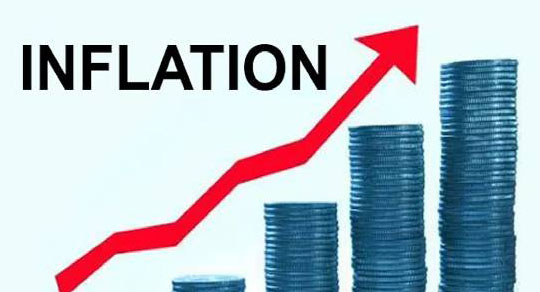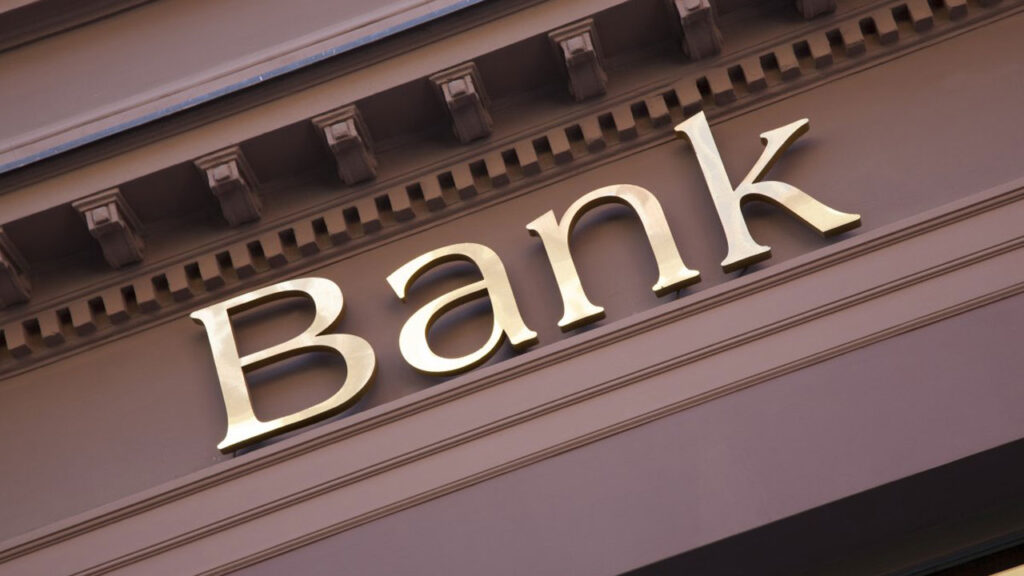
Money supply added as much as N25.6 trillion last year, an astronomical growth of 50 percent, to reach an all-time high of N78.74 trillion.
Data obtained from the Central Bank of Nigeria (CBN), showed that the growth is one of the sharpest in recent years.
Money supply, which is computed by the aggregate of money held by the public, stood at N52.16 trillion at the close of 2022 but spiked by over half of the figure in the year.
In principle, money supply has a positive correlation with inflation. Hence, economists believe the money base would necessarily be kept to contain inflation.
Some theorists advocate that money supply expansion should be matched with the speech of output growth to keep the inflation rate at a manageable level.
Interestingly, while the supply of money soared, Nigeria’s economy barely grew at a projected annualised rate of 2.9 per cent. This means the money supply grew over 17 times faster than the underlying economy.
Through the year, inflation became a major economic headache. Last year, the headline inflation grew from 21.5 per cent to close the year at 28.9 per cent, a 7.5 percentage point uptick.
This year, some economists have projected the inflation to ease in the year. But the exchange rate, which economists have pointed out as a major inflation driver, has remained a major concern.
In the past three days, naira has traded around N1,420 against dollar at the parallel market, triggering fresh concern about the near- to medium-term inflation outlook.
With the official foreign exchange (FX) market inaccessible to many importers and manufacturers, the unofficial market has become an index for price-setting.
Market trends suggest that wholesale prices of essential commodities are adjusted almost weekly and, in some cases, twice a week. Analysts said the current crisis may worsen the inflation outlook and push the economy to a tailspin.
The Central Bank of Nigeria (CBN) whose monetary two-monetary tightening campaign failed in reigning in inflation, has picked 21.4 per cent as its long-term inflation target under its newly-adopted inflation targeting regime.
“The anticipated moderation in pump prices of PMS, due to the expected operational status of the country’s government and private-owned refineries in 2024 is a pivotal factor in the economic equation. The economic stabilisation or reduction in fuel cost is poised to have far-reaching implications across various sectors, contributing significantly to overall economic efficiency and resilience.
“Inflationary pressures are expected to decline in 2024 due to the CBN’s inflation-targeting policy, which aims to rein in inflation to 21.4 per cent. This will be aided by improved agricultural productivity and the easing of global supply chain pressures, benefiting businesses by boosting consumer confidence and purchasing power,” the CBN governor, Yemi Cardoso, said.
The apex still has close to a month to his first Monetary Policy Committee (MPC) meeting when he is expected to communicate his position on the current interest rate hike.













